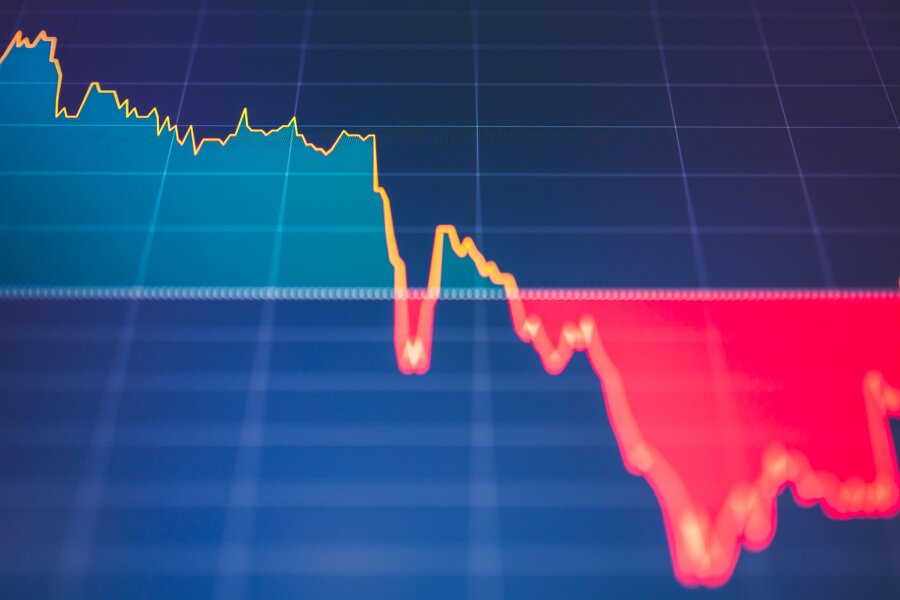Following their meeting in May 2025, G7 Finance Ministers and Central Bank Governors issued a communiqué outlining their collective stance on pressing global economic issues. The group committed to pursuing balanced, growth-oriented macroeconomic policies and acknowledged a decline in economic policy uncertainty, while expressing concerns over unsustainable global macro imbalances, calling on the IMF to enhance its analysis in this area.
A significant portion of the communiqué focused on economic resilience and security, particularly the need for a common understanding of how "Non-Market Policies and Practices (NMPPs)" aggravate imbalances, contribute to overcapacity, and impact the economic security of other countries. The G7 will contribute to monitoring NMPPs and assessing the distortions they cause, emphasizing the importance of a level playing field and a coordinated approach to address harm from actors who do not abide by market rules or lack transparency, a stance widely interpreted as directed at state-led economic models like China's.
Furthermore, the G7 recognized a significant increase in international low-value shipments being sent to their economies, which could overwhelm customs controls and tax collection infrastructure. They highlighted associated risks, including illicit drug trafficking, counterfeit goods, revenue leakage, inequity for domestic retailers, and environmental waste, committing to explore ways to address these vulnerabilities. This focus on NMPPs and low-value shipment loopholes indicates an increasing G7 tendency to view certain global economic practices through a security lens, potentially justifying more coordinated policy responses to protect strategic interests and ensure economic resilience.
Source: G7 News



